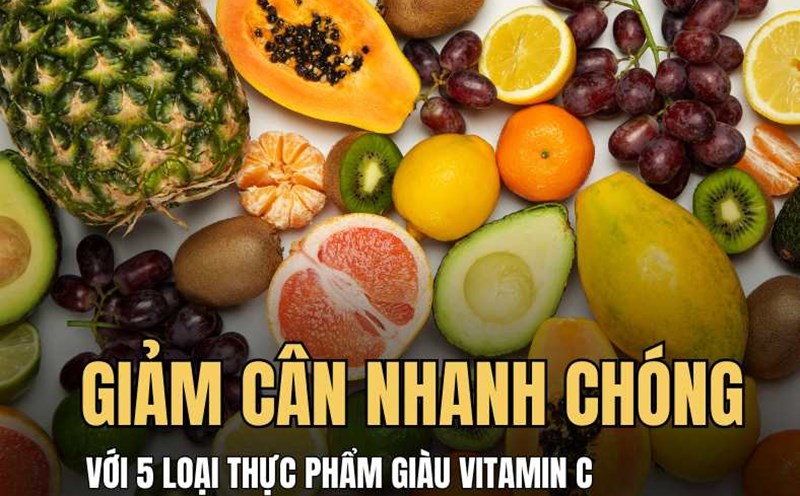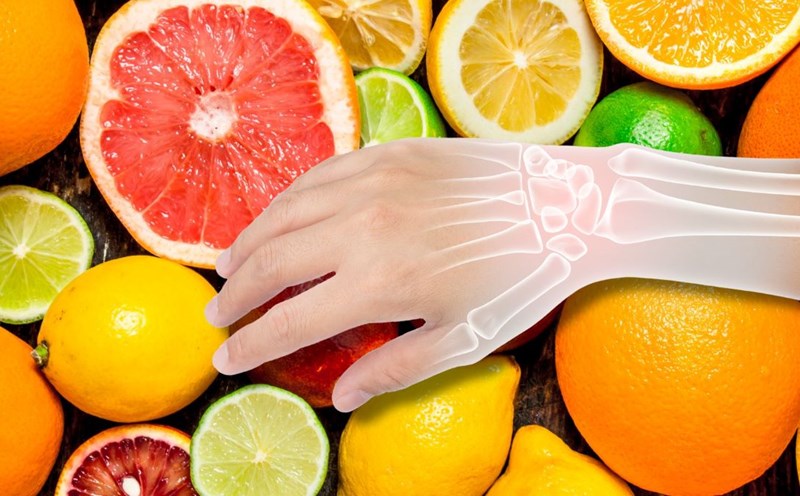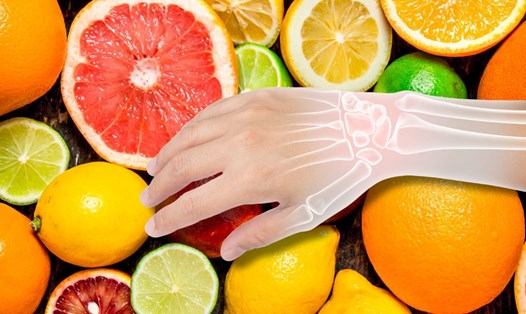Lettuce
Lettuce can be boiled, stir-fried or eaten raw. Lettuce provides a rich source of vitamin C - a substance that has a positive effect on the body's immune system, fighting pathogens.
Vitamin C is also a powerful antioxidant, helping to protect the body from lung cancer and nasopharyngeal cancer.
Lettuce also contains vitamin E and carotene. Eating a lot of lettuce helps reduce body heat and replenish water.
Cabbage
Cabbage is a popular vegetable, rich in vitamin C, meeting more than 45% of the daily requirement. Eating cabbage not only helps moisten the intestines but also relieves constipation. This vegetable aids digestion, can also hydrate and nourish the skin, making the skin more hydrated and shiny.
Cabbage also contains vitamin B9, which helps reduce and eliminate homocysteine in the blood, the main cause of heart attacks.
Cauliflower
Cauliflower, also known as broccoli, is rich in vitamin C. The vitamin C content in every 100 grams of cauliflower is about 60 mg, supporting a healthy immune system.
Broccoli also contains flavonoids, low calories, and many nutrients that are good for the body such as manganese, folate, protein, and other vitamins. For the elderly with poor immunity, they should eat more broccoli.











